Welcome to the Machine
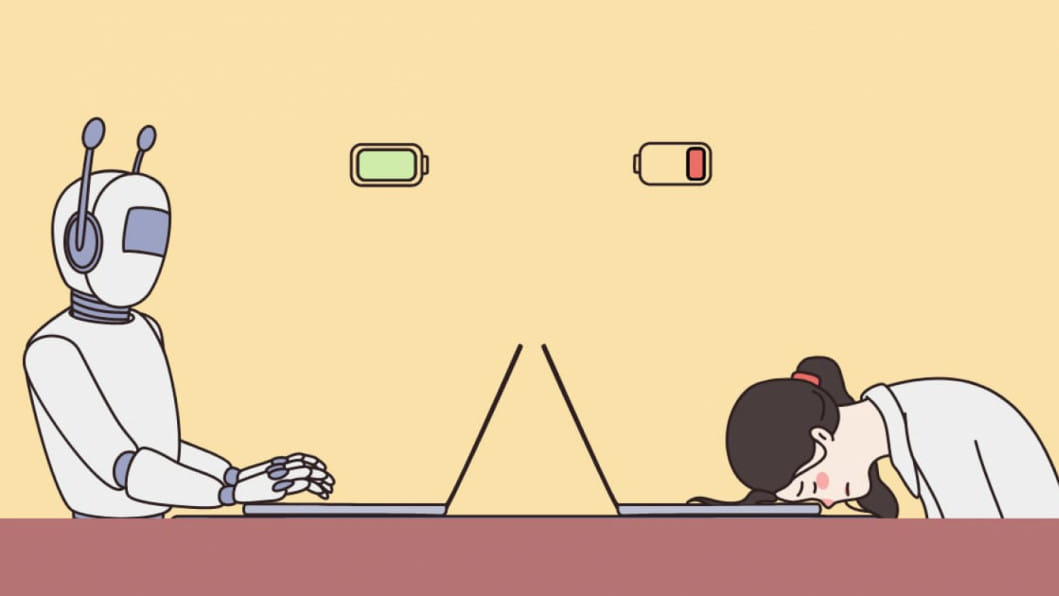
I had my birthday on the 17th, and I am already feeling old. The op-ed editor suggested I write on plagiarism in the age of AI – ChatGPT, for instance. For the first time, I heard of ChatGPT. Now that I think of it, a former student-colleague, now teaching in Canada, posted on Facebook a reference letter using machine-generated language. The reference letter was pretty impressive, and how I wish I had that mechanical genie!
It would have come in handy in this season of application. It's hard to say no to quests for recommendations of students or colleagues. The problem arises when they apply to 5 to 15 universities each; on average I have to attend to 30 requests. Uploading customised recommendation letters can be bothersome. Last week, I woke up at 5am to get a drink and, lo, there was a recommendation seeker. The university to which the person applied needed an immediate response. She was waiting all night long for me to wake up. And my sin was I used my phone to check the time, thus being online and prompting the person in-line to ping me.
"Welcome to the machine," I hummed a Pink Floyd song. "What did you dream? It's alright we told you what to dream?" the song continued. Yes, the machine is dictating my thoughts (although Pink Floyd probably had a different connotation for the machine – a system that generates material desires, war, mechanical life and so on). But where was I? Oh right, ChatGPT!
I went to my colleague's Facebook page to verify the name of the app he used. It's ChatGPT alright. By now he had posted a second message saying he gave the app a prompt to distinguish strong from weak vowels. The machine has got it all wrong. The linguist posted a cautionary note for those seeking shortcuts.
Probably the same reason why I was prompted to write on this topic. A group of accomplished scholars were commissioned to write the textbook for secondary school students. Evidently, in the science book of Class 7, a few passages were lifted from a popular magazine and machine-translated into Bangla. The senior-most editor publicly apologised for their oversight, arguing that they never expected the writer, a university professor with overseas pedigree, to reproduce a source text in such a way, especially when such information is common knowledge and did not merit the trouble of copying.
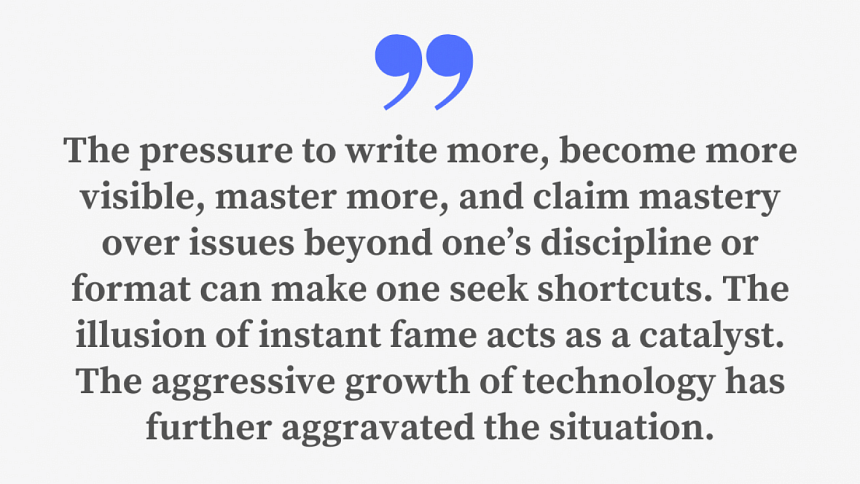
I will not get into the pedagogical issue of materials development, which is a specialised area that requires a conceptual framework where many circles need to be squared. Judging by the public furore, it is clear that the university professors who teach at an advanced level are not often in tune with how young children access and process materials. These authors are writing beyond their comfort zones. How do I know? I listened to the reactions of some school-goers and realised that not enough research was being done on the difficulty levels of textbooks.
Among other reasons (such as being overwhelmed by the topic, time management, etc), the desire to copy can also arise from a sense of discomfort. I will not be surprised if it is found that the machine copy is due to discomfort from the writer's ability to write in Bangla. The one who detected this plagiarism sensed something wrong with the syntax. Unfortunately, the series editor, who is one of our celebrity authors, found no fault in the faltering Bangla. The mistakes became even more glaring when these texts were translated for the English version.
The pressure to write more, become more visible, master more, and claim mastery over issues beyond one's discipline or format can make one seek shortcuts. The illusion of instant fame acts as a catalyst. The aggressive growth of technology has further aggravated the situation. Coming out of the pandemic cocoon, the butterfly of technology is now everywhere, with its full vibrancy and vigour. The plague of academic plagiarism came on the heels of the coronavirus pandemic.
The menace of plagiarism is everywhere. The line that separates the right from the wrong is becoming blurrier by the minute. Why rely on memorising when your memory card can store the information you need? Our human agency is compromised by the machine.
What prompts us to copy without giving credit to the source? Why this urgency to hide the original? Referring to Humayun Azad, who paraded his borrowed narrative on women as his own work, critic Ahmed Sofa once used an analogy of young piglets testing out their teeth on the flesh of their progenitors. Harold Bloom calls this desire to replace the "anxiety of influence."
Technology has allowed more avenues to remove traces of the source.
Ironically, the opposite is equally valid; there are more advanced technologies to catch academic thieves. Most institutions now have plagiarism checkers.
Then again, the thrill of beating this originality-seeker serves as another incentive for our tech-savvy young generation. The methods our students adopt to camouflage their crime will beat anybody's imagination.
Some of the digital techniques they use to fool the machine include: text modification by using white invisible letters, using Cyrillic letters "о," "е," and "а" instead of English letters, uploading the document for a check in an image format, and translating a text into a foreign language and retranslating it into English. I am trying to catch up.
As I write this piece, someone in our Facebook group of music lovers posts how ChatGPT is being used to produce music covers; you can change your voice to that of your preferred singer or format using the app.
Welcome to the machine!
Dr Shamsad Mortuza is a professor of English at Dhaka University.

 For all latest news, follow The Daily Star's Google News channel.
For all latest news, follow The Daily Star's Google News channel. 



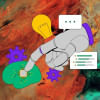
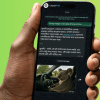


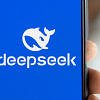


Comments